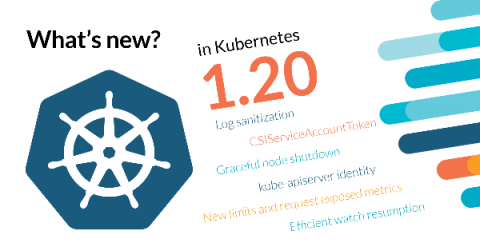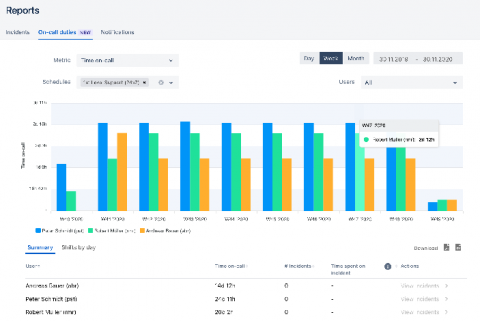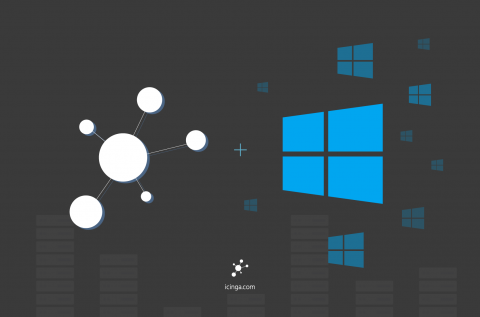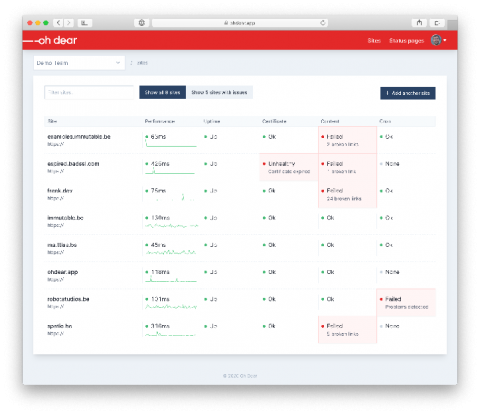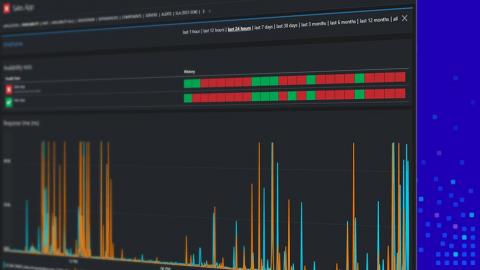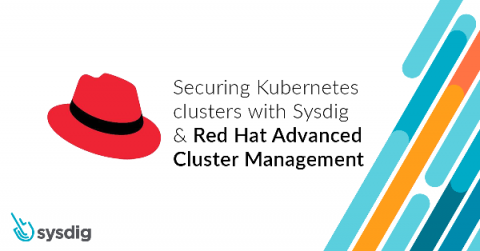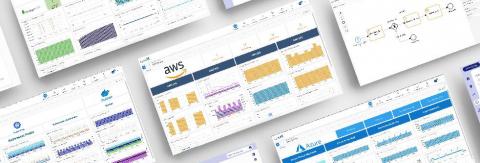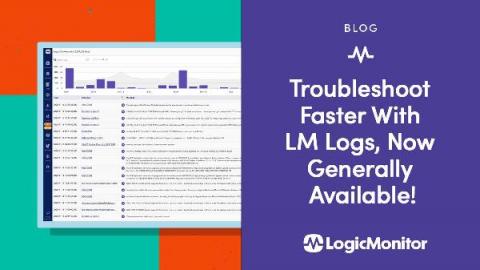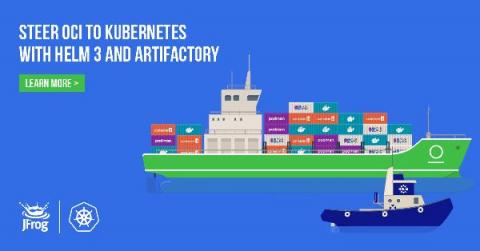What's new in Kubernetes 1.20?
Another noteworthy fact of this Kubernetes 1.20 release is that it brings 43 enhancements, up from 34 in 1.19. Of those 43 enhancements, 11 are graduating to Stable, 15 are completely new, and 17 are existing features that keep improving. So many enhancements means that they are smaller in scope. Kubernetes 1.20 is a healthy house cleaning event with a lot of small user-friendly changes.


